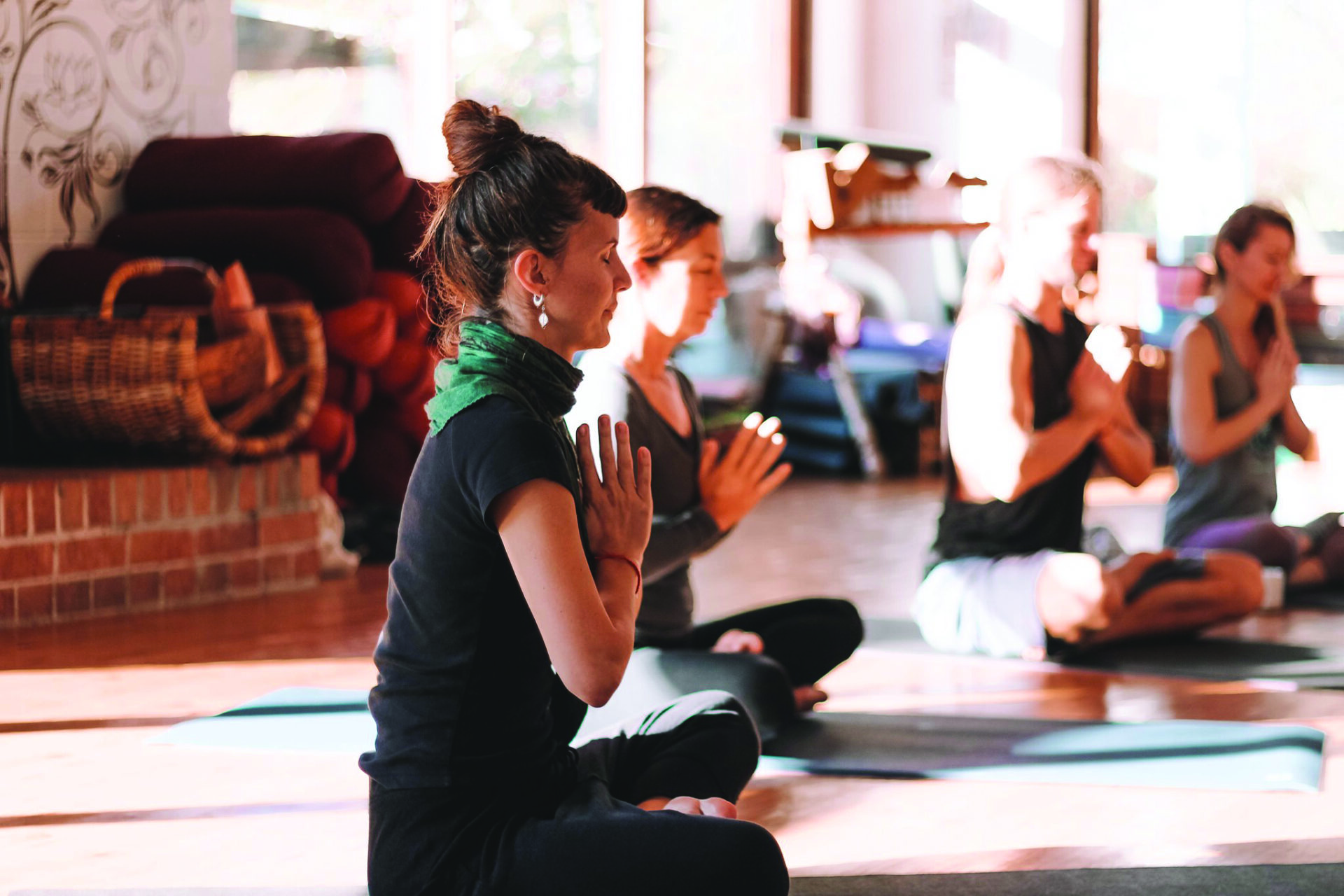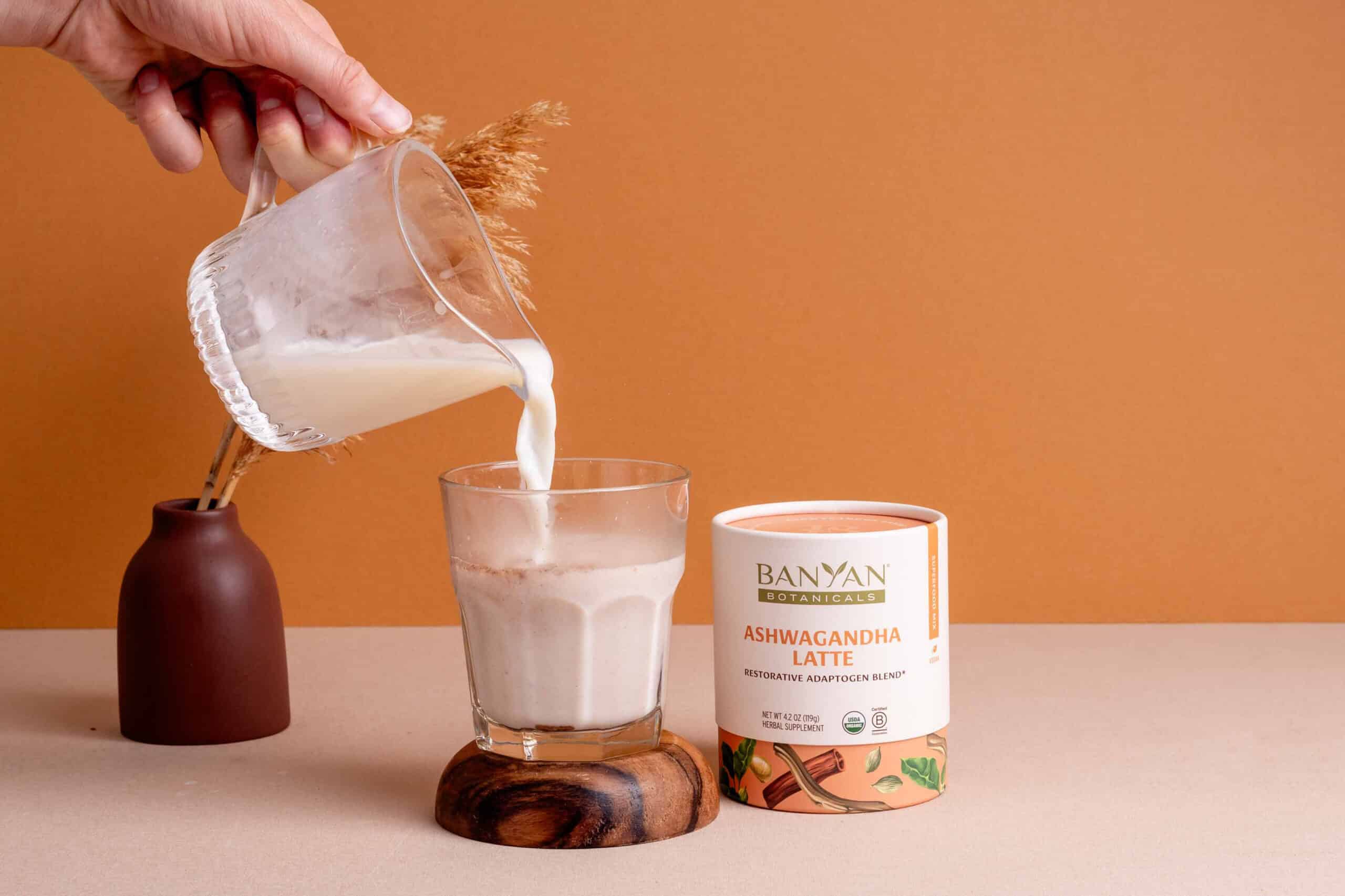Karma Yoga : Reflections on a Work Exchange in the Australian Bush | By Michelle Polizzi
I find myself in the bush at daybreak. The sun, new again, reaches down through eucalyptus leaves and bathes me in light. Out here on a work exchange in the Australian bush, I can feel the knots in my chest unwind and flow through me, like dirty dishrags wrung out and clipped to the line.
Healing is indeed what Swami intended when she bought this 20-acre plot of bushland in New South Wales, Australia, in the late 1960s. Some people come just to quiet their mind; others seek a weekend away from Sydney’s ticking clocks and Melbourne’s bohemian bustle. I am in a third category of visitors: the volunteers. We’re the ones who don’t know why we’re going until we arrive.
I arrive at Swami’s Yoga Retreat halfway through a year-long solo trip around the world for my work exchange in the Australian bush. I come, in part, because I’m in need of creature comforts like drinkable tap water, western grocery stores and modern plumbing. I’m also in search of something I’ve been traveling the world to find: belonging.
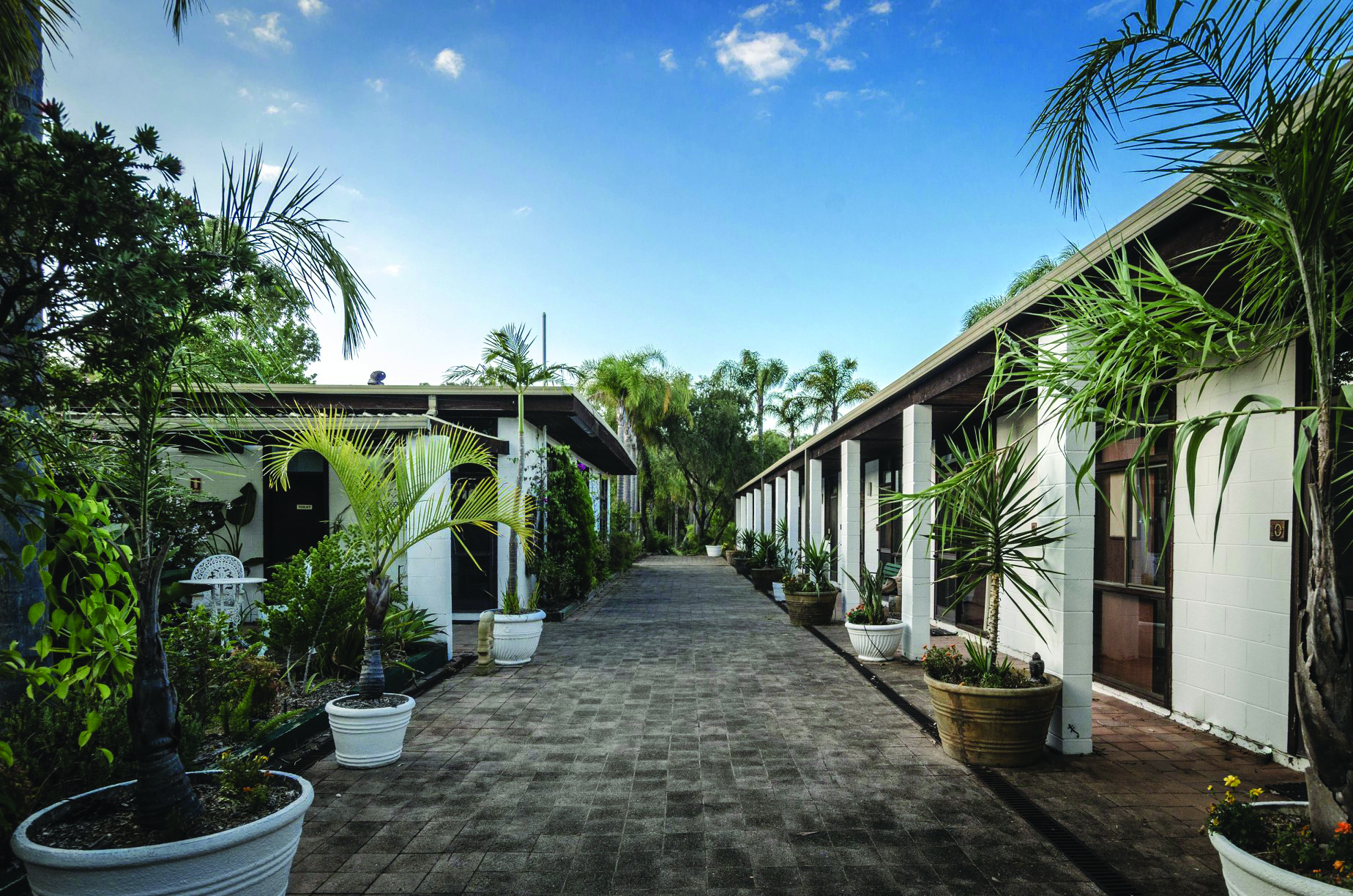
In an ABC television special from 1968, Swami leads a class of wiry-legged hippies through throaty ohms and salamba shirshasana (supported headstand). Often credited with bringing the practice to Australia, she is petite but intense; the punctuation mark on a page of monotony. Rumor has it that she was intimidating back then — rigid in the running of things and a master of her own discipline.
Any razor edge she might once have had has since dulled with time. In the stretch of decades between then and now, dementia has both softened her demeanor and stolen her ability to reason. I want to ask her why she started Swami’s — what world she dreamed of by inviting volunteers from around the world to take part in karma yoga.
To find the answer, I must look back in time to the origins of yoga itself. Unlike asana, the physical practice of yoga, karma yoga depends on action. As explained by the ancient Indian scripture, Bhagavad Gita, followers of karma yoga, or seva, participate in selfless service for the sake of the action itself with no attachment to the outcome.
In other words, karma yoga is about giving love and light with the world around you and asking nothing in return. Work exchanges like Workaway, HelpX and WOOF — connecting traveling volunteers with worldwide hosts in need of help — are all modern examples of karma yoga.
Karma yoga is about giving love and light with the world around you and asking nothing in return.
In my six weeks as a karma yogi at Swami’s, I felt first-hand the many ways in which a person can selflessly give. I cooked plant-based meals from scratch, picked mulberries for handmade pies, stripped guest beds and hung sheets out on the line. All the things that normally felt like chores became fulfilling. I began to see that the collective effort made each act worthwhile, that there was nowhere I’d rather be than laughing with my hands in the dirt or singing songs in the kitchen. I realized that the beauty I’d sought when leaving home was already all around me. The more I gave, the more light I felt flow back into my heart, healing me from within.
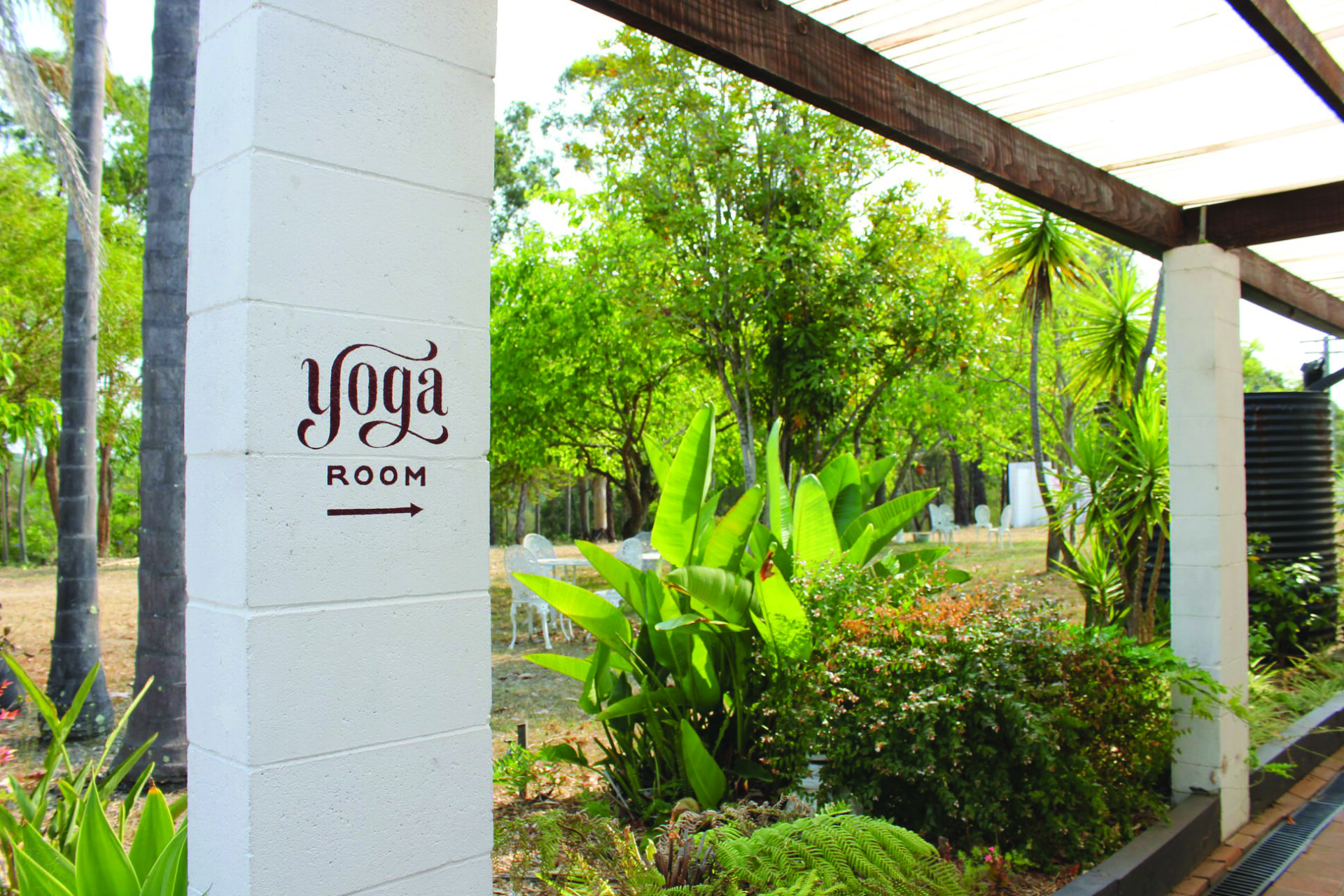
After participating in three work trades on three different continents, there are a few things I’ve learned to ensure the best possible experience. Before you even start researching options, it’s important to ask yourself what you want from the experience.
Anyone who’s only trying to save money on traveling likely isn’t a good fit for such an exchange. Why? Because work-trades are an opportunity to go beyond yourself — to give back to others, while immersed in a different culture and learning new skills. They’re also about meeting like-minded people and finding a home away from home.
Next, think about what job you’d like to do. Most work-trades involve, well, work. Sometimes it can be chic, like teaching yoga or running a social media account. More often, it’s in the form of plain old housework, like dishes and laundry. Whether it’s helping out a family with after-dinner cleaning or cooking meals for guests, it’s important to have a clear understanding of what you’ll be expected to do and how often.
Lastly, a work-trade experience, like a work exchange in the Australian bush, can be the perfect opportunity to reflect on your own mindset. Workaway hosts often manage many moving parts, meaning things can change in an instant. Remaining flexible to evolving needs is crucial for having a positive experience; this is where the teachings of yoga philosophy become the most valuable. Maintaining the spirit of karma yoga will allow you to move through challenges with selflessness and grace, opening yourself up to the magic of possibility.
Photos courtesy of Swami’s Yoga Retreat.
Originally published in the Summer + Fall 2020 issue.
 Michelle Polizzi is a freelance writer and editor covering wellness, travel and mindful living. As a yoga instructor (RYT 500), she guides students through high vibrational sequences designed to heal the mind and body. Michelle is passionate about traveling and has found some of her greatest inspiration in places like Slovenia, New Zealand and Hawaii. When she isn’t writing, you can find her reading a nonfiction book, sleeping under the stars or hiking through the woods. Follow her adventures on instagram @positivelyshelly.
Michelle Polizzi is a freelance writer and editor covering wellness, travel and mindful living. As a yoga instructor (RYT 500), she guides students through high vibrational sequences designed to heal the mind and body. Michelle is passionate about traveling and has found some of her greatest inspiration in places like Slovenia, New Zealand and Hawaii. When she isn’t writing, you can find her reading a nonfiction book, sleeping under the stars or hiking through the woods. Follow her adventures on instagram @positivelyshelly.Optimize your immune system with nourishing herbs such as Elderberry, Burdock, Nettles, Cleavers and Astragalus. Serve yourself up [...]
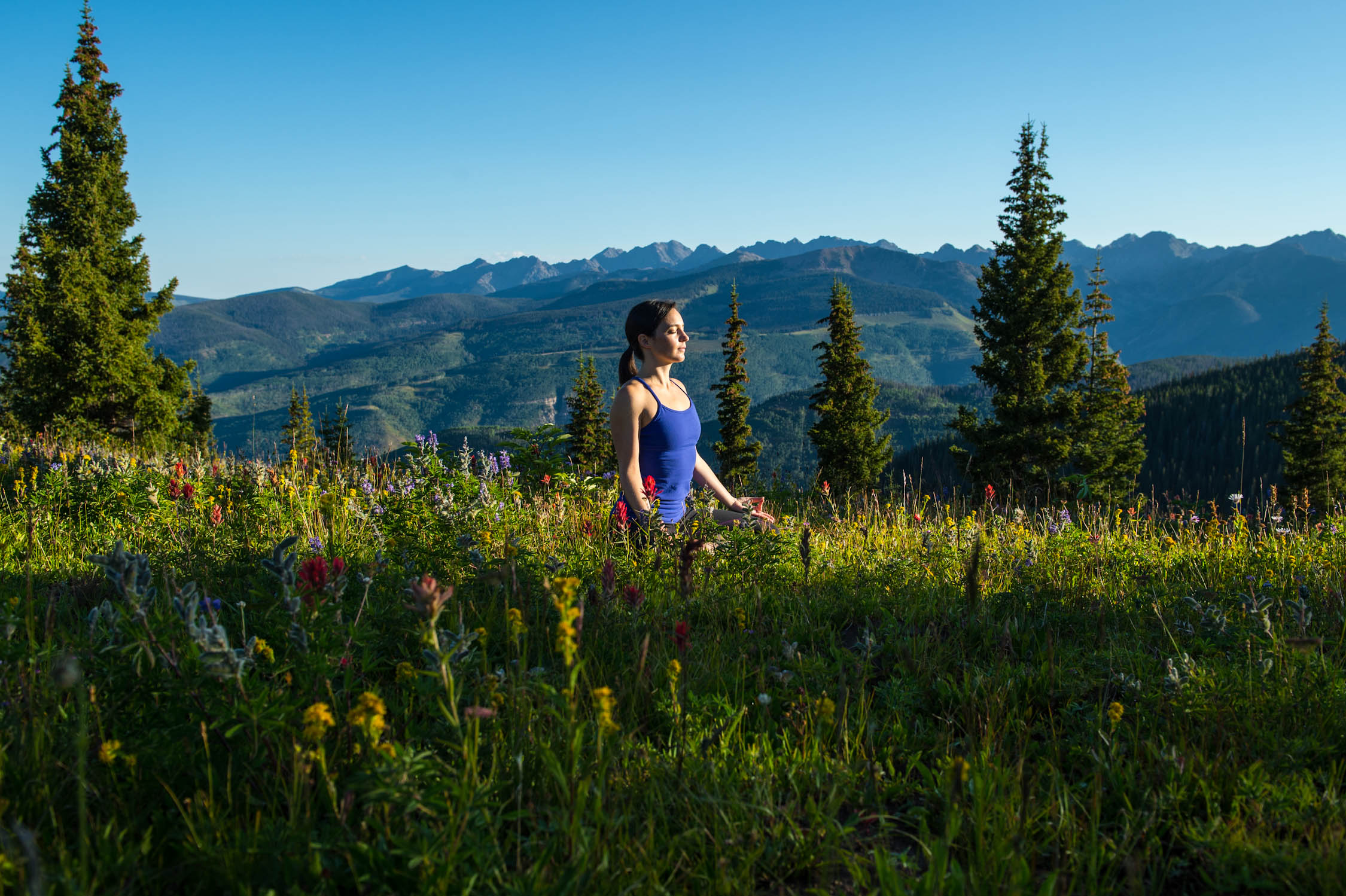
Subscribe to Our Tribe
Stay up to date with Y+L News, Events and special announcements.





